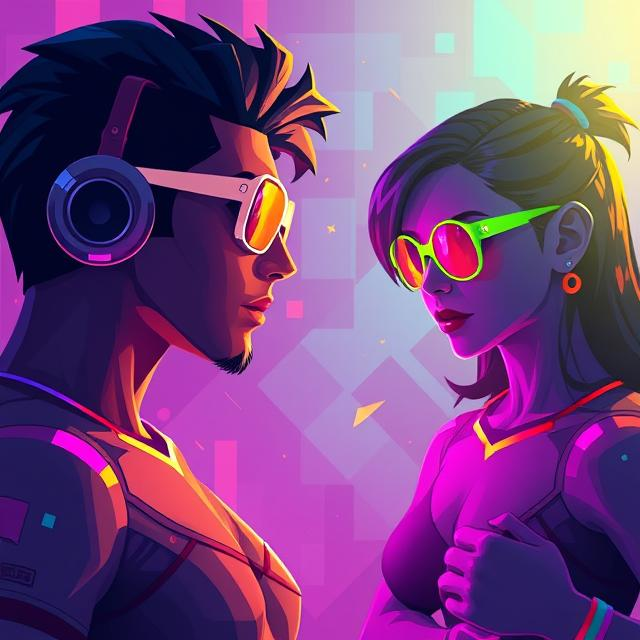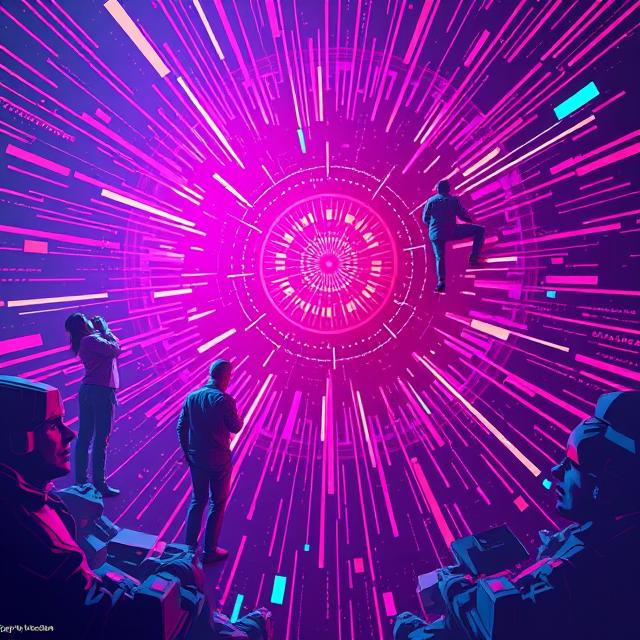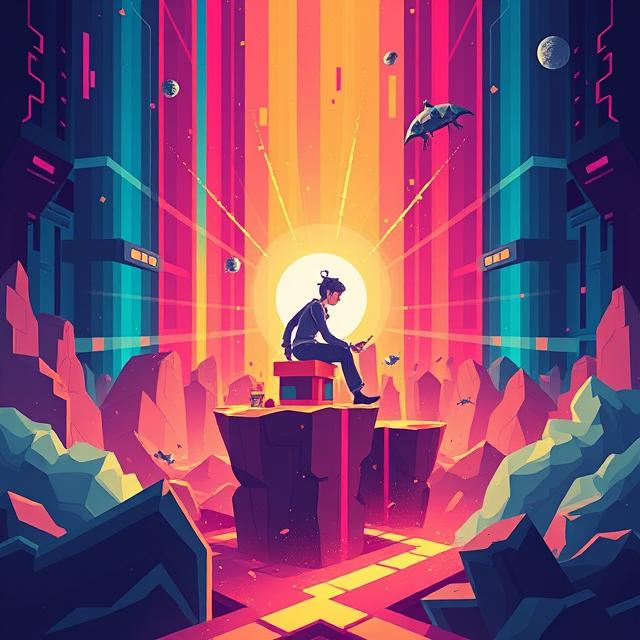Game development is increasingly collaborative, often involving teams spread across different locations and disciplines. To keep everything aligned, teams rely on collaborative platforms that integrate version control, asset management, communication, and cloud-based tools.
Popular collaborative tools in game development:
- Unity Collaborate / Unity DevOps – allows small teams to sync changes directly within Unity, manage versions, and resolve conflicts.
- Git + GitHub / GitLab / Bitbucket – industry standard for source control, especially when combined with Git LFS or Plastic SCM to handle large files.
- Perforce Helix Core – used in AAA development, it’s optimized for large binary assets (3D models, animations, audio).
- Notion, Trello, and ClickUp – used for task tracking, design documentation, and project management.
- Figma – excellent for UI/UX collaboration, allowing real-time co-editing and prototyping.
Some engines also support real-time co-editing:
- PlayCanvas – browser-based 3D engine with real-time collaboration built-in.
- Godot (via Git integration) – while not real-time, its lightweight structure is Git-friendly.
- Unity Muse (beta) – AI and cloud tools aimed at collaboration and rapid iteration.
Cloud-based asset sharing (like Google Drive, Dropbox, or OneDrive) also play a big role in early-stage or indie projects.
Collaboration platforms are about more than syncing files—they create a shared workspace where ideas, assets, and tasks converge. Whether you’re an indie duo or a 50-person remote team, the right tools foster productivity, accountability, and creative synergy.



Leave a Reply